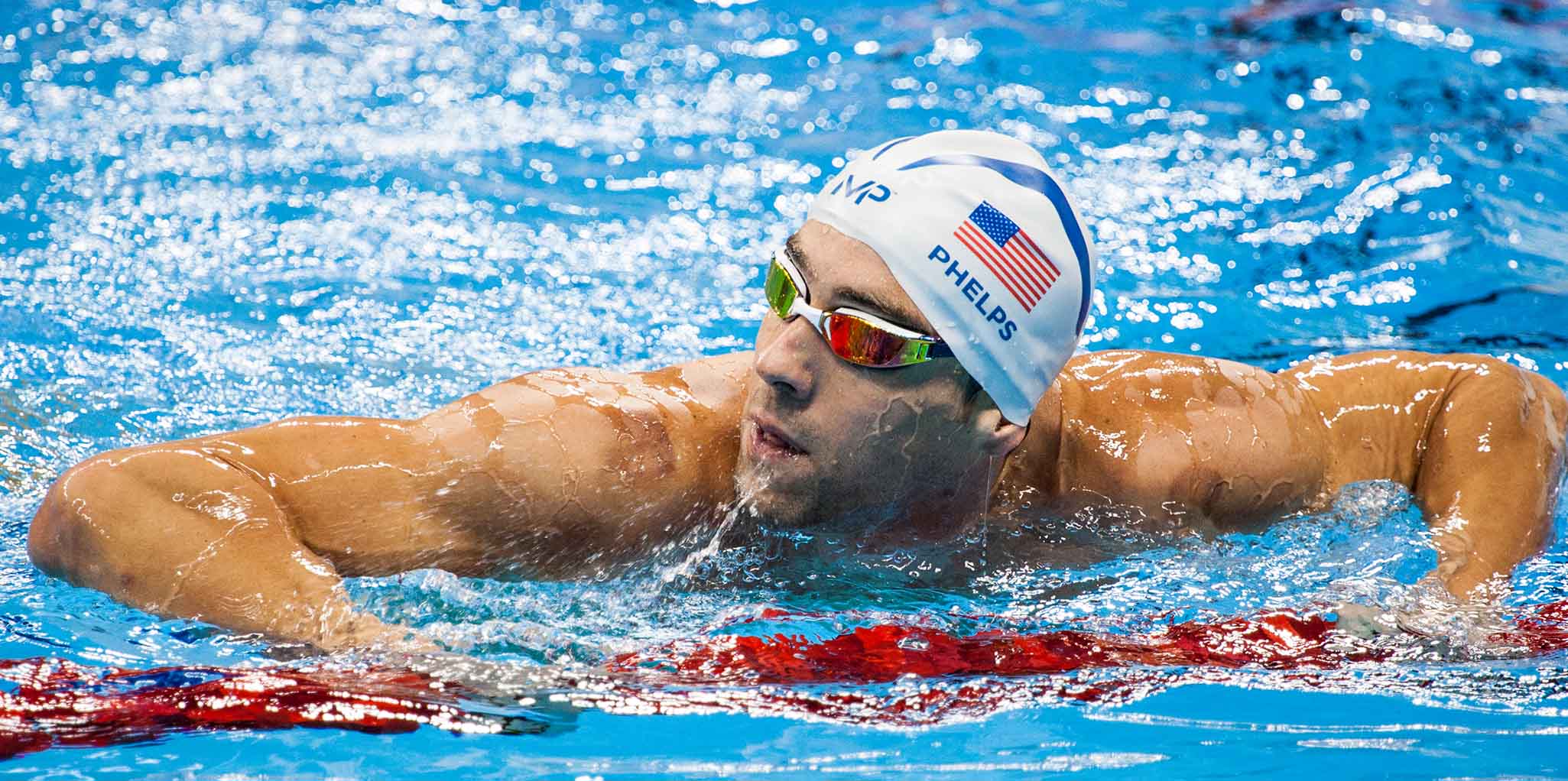The 400m IM - barely another event brings swimmers such pain as the combined fourfold 100m sprint of all swimming strokes. If you overpace on the first few meters you will die mercilessly on the last lap. No one ever forgets such pain.
"There's no way of hiding in that race," even Michael Phelps admits. The superstar scored two Olympic golds and two world champion titles in the 400m IM and currently holds the world record in 4:03.84 minutes. In his comeback for the 2016 Olympics, this event was no longer on his program. Already at the 2012 Games, he had missed the medals in the 400 IM, finishing in fourth place.
"I think it's tough when you are older," said Phelps' coach Bob Bowman before the 2016 Olympics. The statistics prove him right. In the last decade, there was not a single swimmer in his 30s who could make it to a World Championships or Olympic final in the 400 IM. For comparison: in the 50m freestyle the 30+ athletes have managed to do that a total of 16 times since 2008.
Altogether, during the last ten years the 400 IM is the event with the youngest average age of the World Championships and Olympic finalists. For men, the average was 22.8 years, for the women’s event 21.8 years. Again, the comparison with the sprinters: The World Championships and Olympic finalists were on average almost exactly three years older.
But youth alone does not win medals. The paradox of the 400 IM is that it requires not just youthful athletics but also experience. Since you have to pace your race perfectly in order to deliver the optimal time in the end, it helps if you have already swum this event at the highest level. Therefore, it is not surprising that the average age of the World Championships and Olympic medalists in the 400 IM for both women and men is about one year higher than the average age of the finalists altogether. For sprinters that’s not the case.
| EVENT | Women | Men |
| (WC / Olympics 2008 - 2017) | average age | average age |
| 400 IM - Finalists | 21.8 | 22.8 |
| 400 IM - Medalists | 22.9 | 23.7 |
| 50 Freestyle - Finalists | 25.1 | 25.7 |
| 50 Freestyle - Medalists | 25.3 | 24.8 |
.
Of course there are exceptions. During the past ten years the 2017 World Championships silver winner David Verraszto was the oldest medalist at the in the 400 IM at the age of 29. His fellow Hungarian, world champion Katinka Hosszu, who is 28 years old the statistical outlier on the women’s side.
There was another Hungarian among the leading athletes in the 400 IM during the last decades: Laszlo Cseh. When he was as old as Verraszto and Hosszu are now, he said goodbye to the long medley event. "I'm getting too old for that," Cseh told us with some melancholy back in 2015 when he was still in his late 20`s. Many memories are associated with the 400 IM for him. In 2005, he took his first world championships title and in addition, with his world record in 2007 Cseh became the first swimmer to dip under four minutes in the 400 IM (short course).
But the competition has become faster. And Cseh does not get younger. "The 400 IM costs a lot of strength, especially because you have to swim it twice on the same day at World Championships or Olympic Games and they usually come quite early," explains Cseh. "Regeneration becomes a serious problem."
But not only the competition day can cause problems. Coach Bob Bowman sees above all the preparation for the 400 IM as an ever-increasing challenge in an advanced swimmer age. "It's because of what you have to do in training," said Bowman. For the 400 IM, one would not only have to swim a lot of yards, but also have to permanently refine the technique for all four types of swimming. Especially older athletes could find it difficult to still find the motivation. "They've been doing this for 20 years," says Bowman. "It's only as long as you can sustain this kind of work."
Of course, these data only refers to the world class athletes. This cannot be more than an indicator for the entire range of competition swimmers. Especially in the Masters area you can see surprisingly fast times in the 400 IM again and again. And who knows, maybe a 30+ swimmer will get on the Olympic podium in the next decade and prove us wrong.

